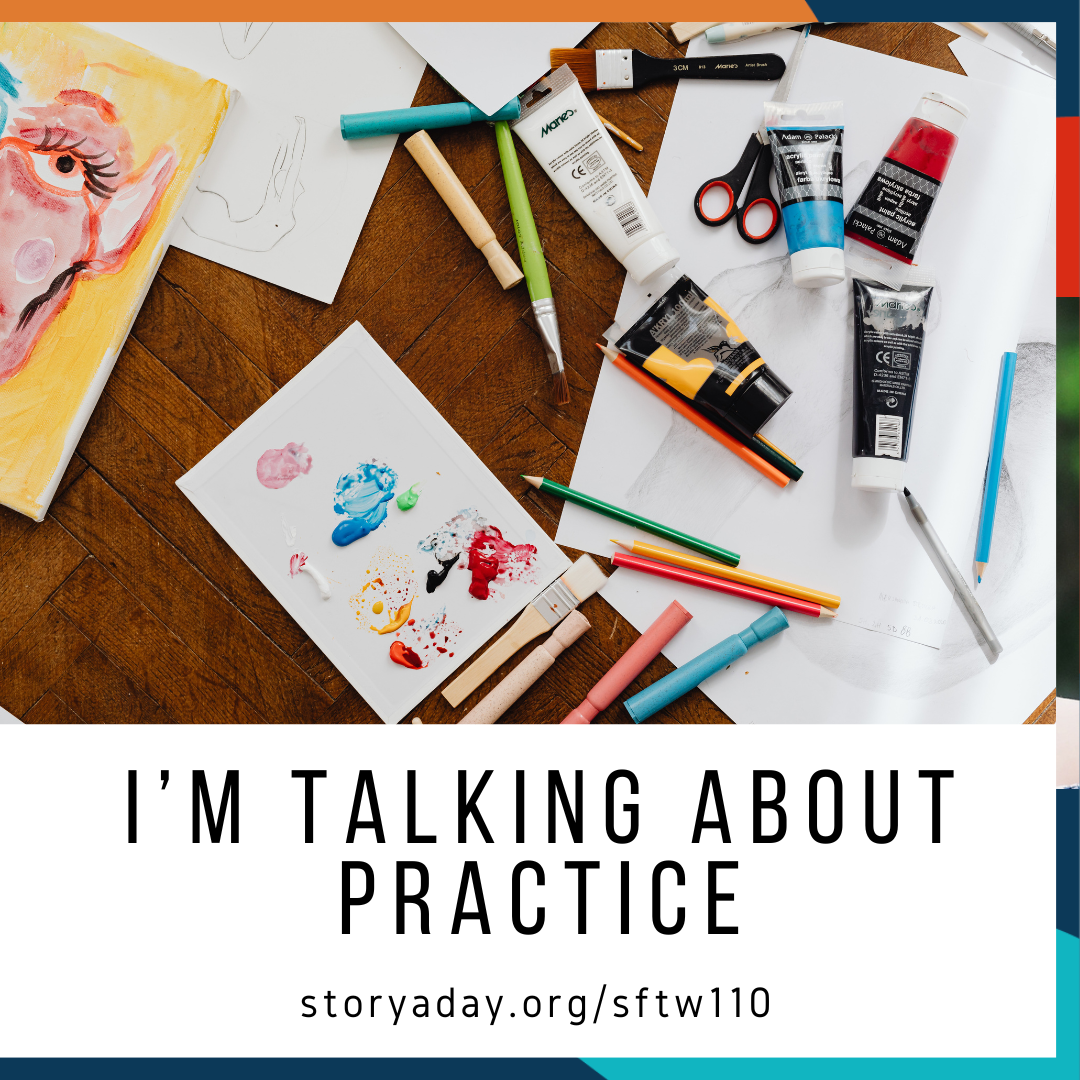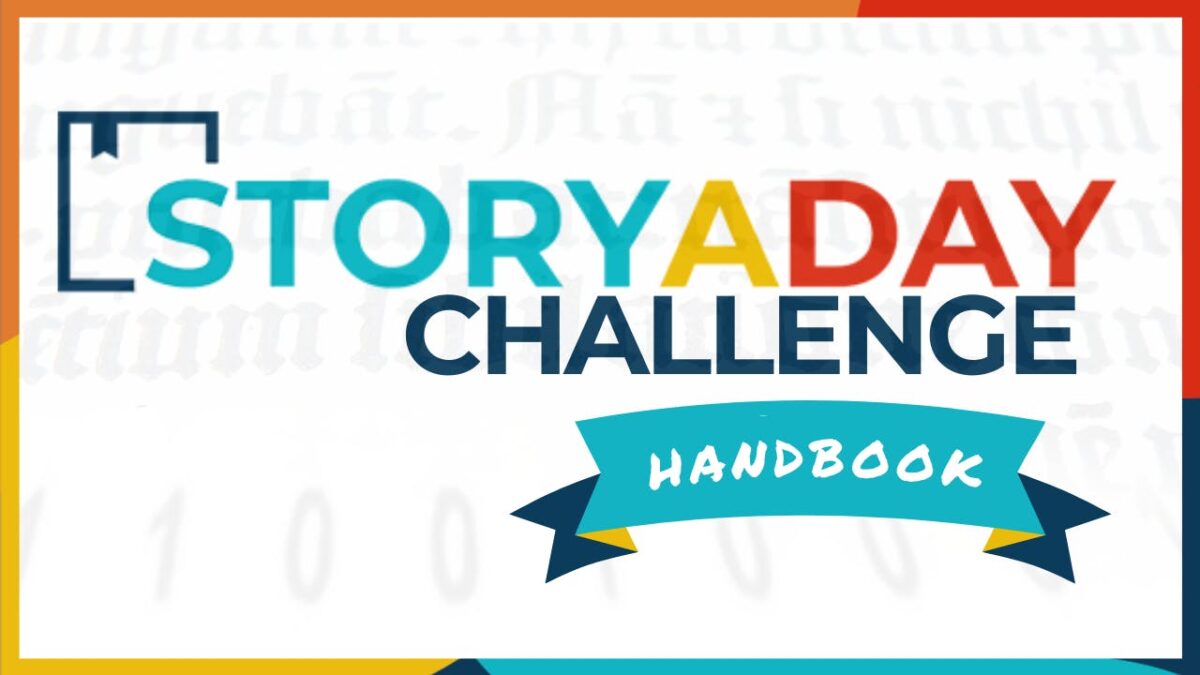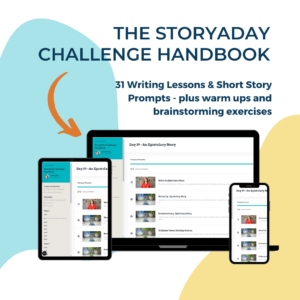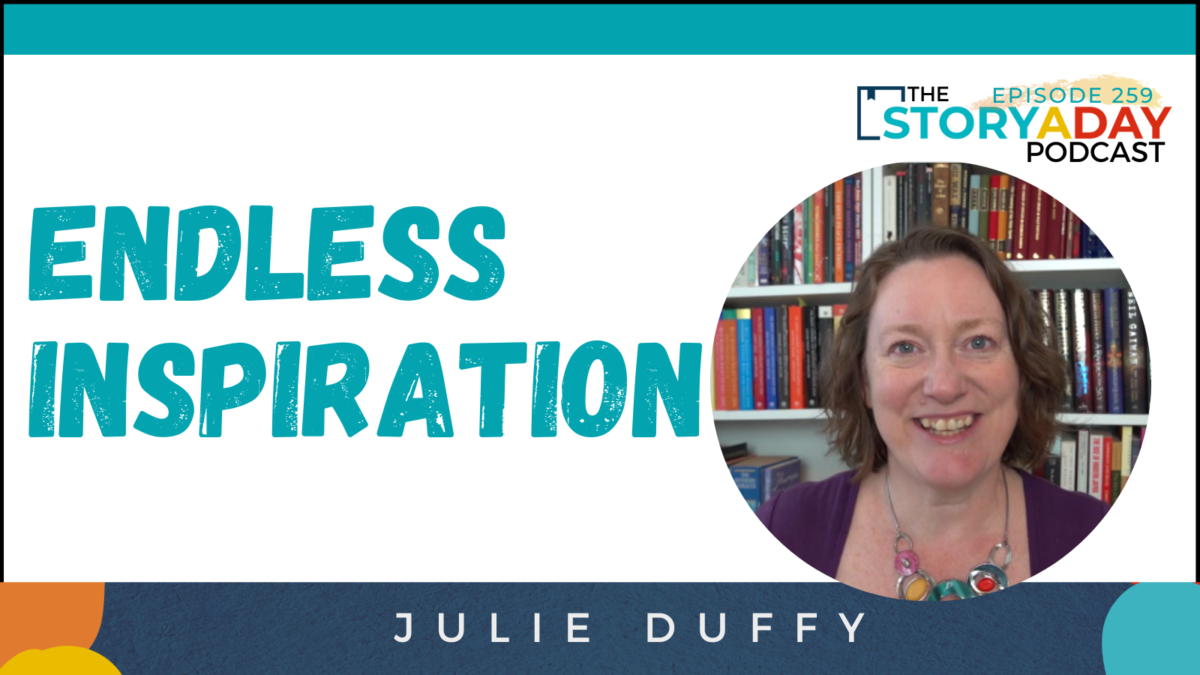Visual artists keep sketchbooks.
I’m not sure if it’s something they’re taught to do or something they’re compelled to do., but if you tried to tell a visual artist not to ‘waste their time’ on anything but the piece they’re trying to sell, they would blink uncomprehendingly.
The constant, unfinished, experimental sketches are essential fuel for their finished works.
We writers seem to have a lot more angst about doing writing that doesn’t ‘turn into something’.
- Do you ever worry if you’re wasting time because you’re jotting down ideas or fragments of conversations?
- Do you feel pressure to be completing works and getting them published?
I think we feel this way, in part, because of the way “how to write “reference books are written (Chapter 1: how to find ideas, Chapters 2-11: Craft techniques to develop those ideas; Chapter 12: how to get an agent, publisher, seven-figure book deal and then sell the film rights).
But a more powerful reason we feel pressure to craft finished pieces is that everyone can and does write, daily, even if it’s just text messages, and has been able to do it since they were a child.
Writing seems ‘easy’ in a way that creating a painting or a sculpture (or writing a symphony), doesn’t.
When the people in our lives ask, “when’s that book coming out” we feel judged (even if it’s meant in a supportive way).
And so we rush back to the Big Project full of good intentions and impatience, only to discover that crafting that big project feels like standing at the foot of Everest, in flip flops, and hoping to get to the top by next weekend…because we haven’t equipped ourselves properly, or kept in shape by doing sketches, crafting characters, drafting dialogue, and writing down our ‘what if’s on a daily basis.
An invitation to a training mission: This week, capture 3 Story Sparks a day, for five out of seven days.
Hand write them in a special notebook you carry everywhere or capture them in a note in your phone. Use a journaling (or journaling app) to add pictures and sound snippets, if that inspires you.
Don’t worry about what you will do with these sparks. Just practice noticing how the world unfolds around you.
Keep writing,
Julie
Writing Prompts: Sensory Writing Series
A few years ago I put together a series of short story prompts aimed at helping you explore the different senses in your writing. You can use them in a larger work in progress, or you could write a series of short works that go together, tied up with the theme of ‘senses’.
Bonus points: write about the fuzzier senses (sometimes lumped together as ‘proprioception’) that allow you to do things like walk downstairs without looking at your feet, stand up in the dark without falling over, and know how closely someone is standing behind you, even if you can’t see them.









